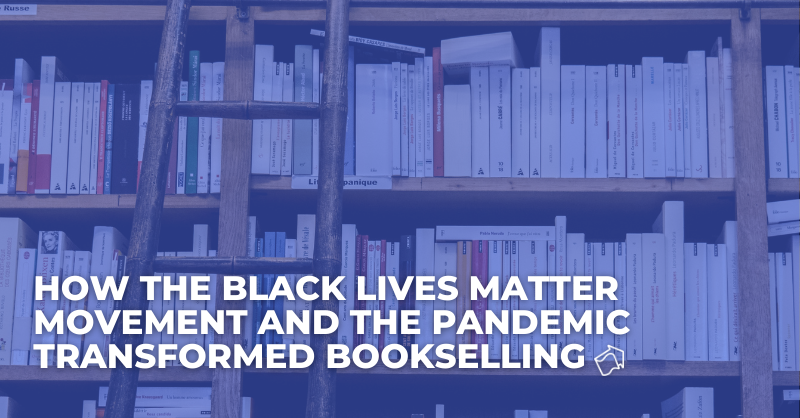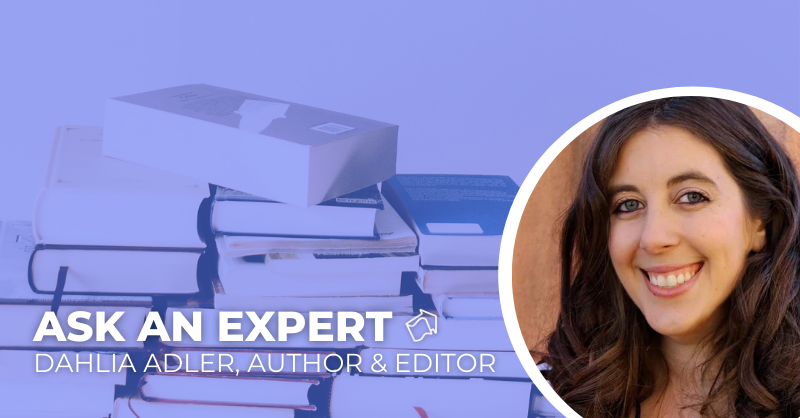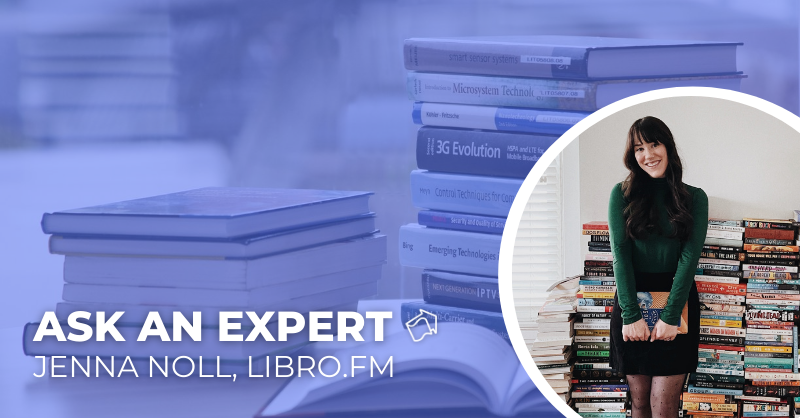 What is ghostwriting, how does one become a ghostwriter, and is ghostwriting “cheating?” Today, on the blog we’re sitting down with Mallory Burgey, a professional fiction ghostwriter who is giving us a peak behind the curtain at this mysterious and often misunderstood job.
What is ghostwriting, how does one become a ghostwriter, and is ghostwriting “cheating?” Today, on the blog we’re sitting down with Mallory Burgey, a professional fiction ghostwriter who is giving us a peak behind the curtain at this mysterious and often misunderstood job.
What exactly does it mean to be a freelance fiction ghostwriter? And what does your job entail?
I’m sure this answer is different for everyone who answers it, but for me, I work with small, independent publishing companies. I am hired to turn a provided 10,000-word outline into a full-length book. In my case, I ghostwrite under a pen name. There is no “real author” publishing the books, but rather a team of people who create the outlines, edit, and do the marketing to publish and promote the books. I am just another member of that team!
I receive an outline and have the opportunity to read through it and provide notes and feedback. I’m lucky that I have a lot of creative freedom to change things to better suit the story. Then I write! I work in chronological order, starting with chapter one and writing ~5,000 words per day until the book is complete. Occasionally I will do edits when I’ve written something that isn’t quite how the client imagined, but that is rare.
How many books have you ghostwritten?
I don’t have an exact number to offer, but it is definitely over 100 books at this point. It could be as high as 150, but it would take me a long time to go back and count! In the five years I’ve been a ghostwriter, I’ve written everything from short stories to 18,000-word novellas to 125,000-word novels. Early on, I was working on three projects per month to make a decent wage. At this point, I work on one project at a time and exclusively write novels.
How does someone get “into” ghostwriting?
Again, I’m sure this answer is different for everyone. For me, I went the freelance route. There was a window of time after college (I received my BA in English and Creative Writing) where my husband and I moved to a new state and had no clue how long we would be there. The thought of hunting for a job to potentially leave it in six months felt ridiculous, so I made some accounts on freelance sites and job hunted. I was privileged enough to be in a position where we didn’t *need* for me to make money to survive, so I was able to freelance for pennies for a couple months to build up my resume. With more experience, I could ask for a better rate. From there, I built up a loyal, stable base of clients and have had constant work ever since.
Do you write under your own name as well?
I have yet to publish anything under my own name, but that is definitely the plan! Working full time with two small children keeps me busy, but my long-term goal has always been to write under my own name, as well. Hopefully sooner rather than later! Even then, it is very likely I’ll continue ghostwriting. Momma’s still gotta eat!
What are some common misconceptions about ghostwriting?
The misconceptions about ghostwriting are innumerable and run the gamut. I’ve heard it all! People think I’m being cheated by my clients when my name isn’t on the cover of the books I ghostwrite. Or they think I’m not a “real writer” because the ideas are generated by the person who writes the outline. There are other people who seem to think I’m some kind of rare, superhuman writer because I can pump out 5,000 words per day.
When stuff like this comes up, I make it clear that I signed a contract. I’ve agreed to write a certain number of words per day or per week, the same way other people agree to work a certain number of hours. I am not being cheated when I get paid for the work I agreed to do, and I am not sad when my name is not on the cover of a book I wrote. That’s the deal! Yes, I put real thought and creative energy into writing the books I work on, but the idea belongs to someone else (in this case, to the independent publishing company I work for).
There isn’t the same emotional attachment there that exists with my own personal writing projects. And while I can admit writing 5,000 words per day is impressive, money is a great motivator. Knowing I get paid per word is the kick in the pants I need to sit down and get the job done every day. At the beginning of my career, I could pump out 10,000 words per day, which is unfathomable to me now! I attribute it to my twenty-something, pre-kid brain power. Thirty-year-old me does not have that same energy!
What would you say to those who think that it’s “dishonest” for someone to put their name on someone else’s writing?
This is definitely one of the big misconceptions about ghostwriting. I can understand how some readers feel cheated by the idea of a ghostwriter. A lot of authors can attest to the fact that readers often equate them with their art. They believe an author writing about a character who has a certain background or feelings about a situation must have that same background or feel that same way. For the reader, authors can be intimately tangled with their understanding and experience of a book. In some cases, this is true! Especially when looking at memoirs or fiction books about incredibly heavy or socially relevant subject matter. But in most cases, it isn’t that deep.
Usually, the books that people know are ghostwritten include celebrity memoirs. Do we really expect people who are top of their field in acting, singing, athletics, etc. to also be good writers? No. That would be unfair to us mere mortals. Plus, when it comes to celebrities, we are paying for a story full of hot gossip, not their writing ability. Other ghostwritten works are decades-long series like Goosebumps or Nancy Drew where it would be difficult for any one person to keep up with the quick publishing timeline. Then there are a slew of genre books like the ones I work on. I love genre books (give me all the romance, thrillers/mysteries, and fantasy), but they are primarily books meant for entertainment. If the ghostwriter gets paid and the reader is entertained, I don’t see any problem with it. Now if people still feel cheated, it’s pretty easy to suss out which books might be ghostwritten, so do your research and avoid those.
Optional bonus question: What do you think it means to be a “successful” writer?
A successful writer is a person who has written something and is proud of it. That is the cheesy, cliché answer, but in this case, I stand behind the cheesiness one-hundred percent! At one point in my life, I thought I would only be successful if I published a book that topped bestseller lists. Now, I’m really content knowing I write books that bring people a few hours of entertainment. They don’t know I wrote the book, and I don’t care. My goal was to be paid to write for a living, and I’ve made it! If I one day top bestseller lists, that would be amazing, don’t get me wrong. But I feel like a success right now. I hope the same feeling for any writer, whether they get paid for it or not.

Chelsea is a copywriter, editor, publicist, and content creator at Books Forward, an author publicity and book marketing firm committed to promoting voices from a diverse variety of communities. From book reviews and author events, to social media and digital marketing, we help authors find success and connect with readers. Interested in what’s possible for your book sales and building readership? Check out our services, tell us your goals, and get a customized publicity campaign tailored just for you.
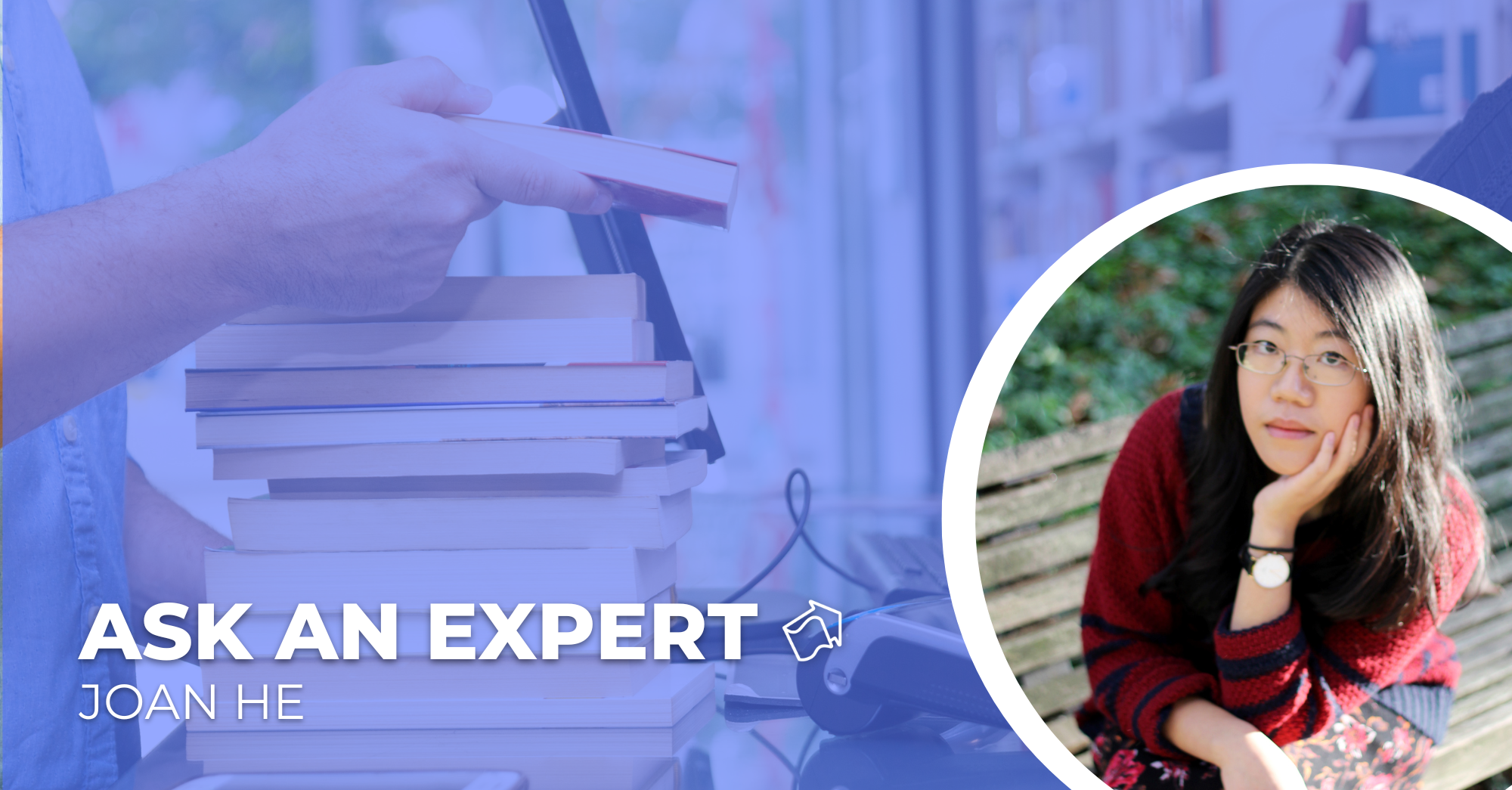
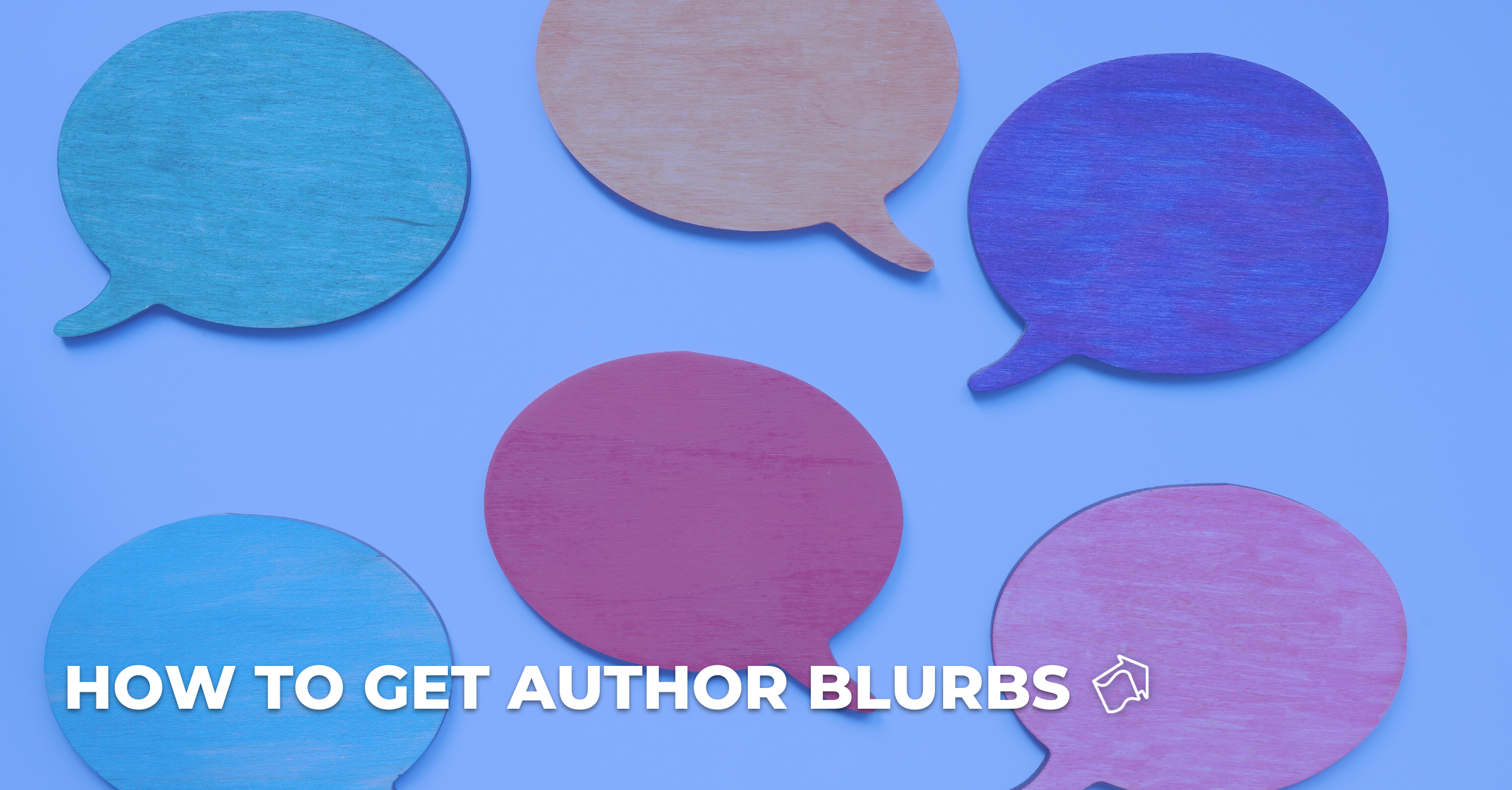
 “BookTok” (the reader community on TikTok) is showing up everywhere these days–but is it “worth it” for authors to join TikTok to promote their books?
“BookTok” (the reader community on TikTok) is showing up everywhere these days–but is it “worth it” for authors to join TikTok to promote their books? 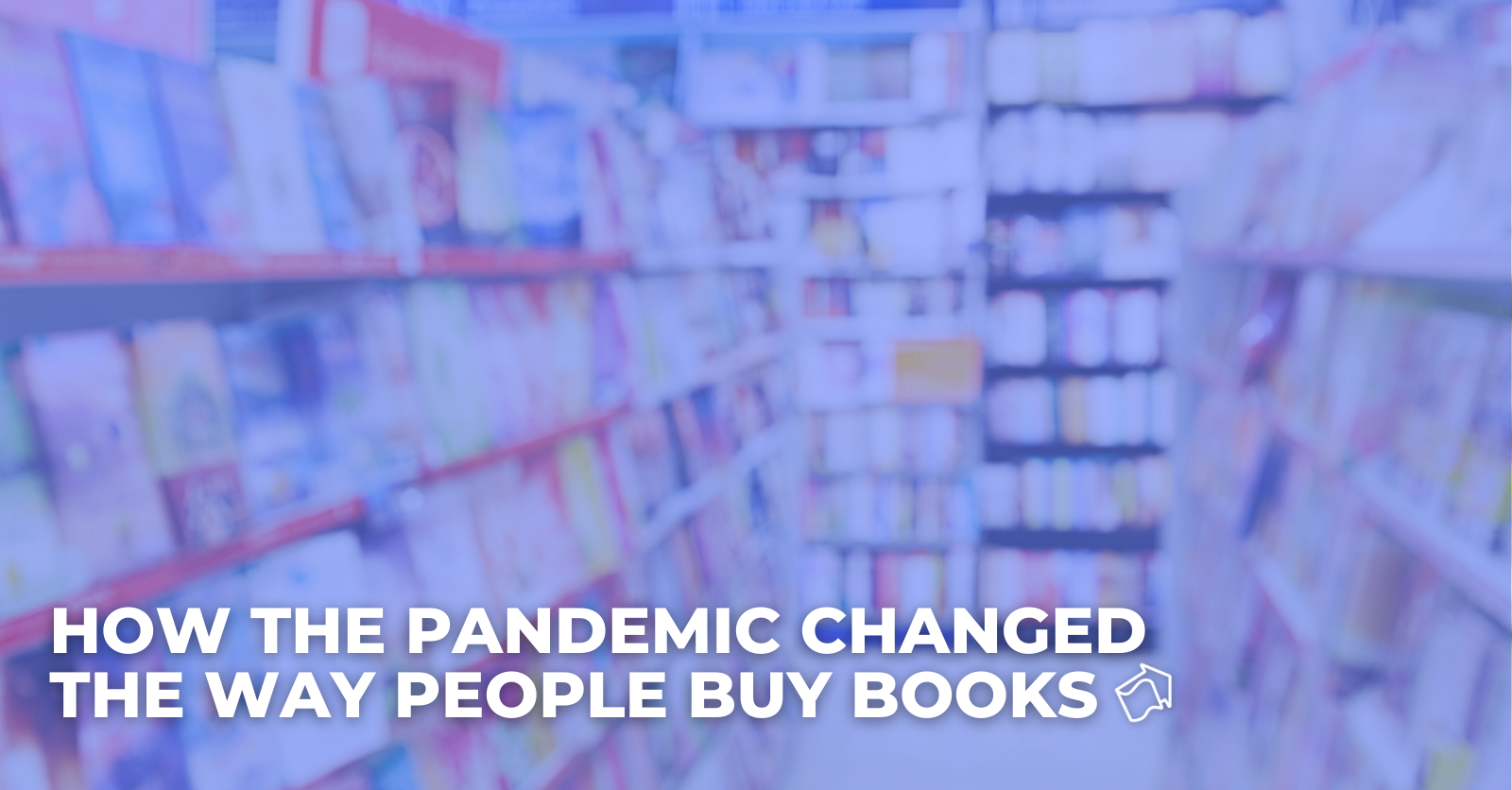
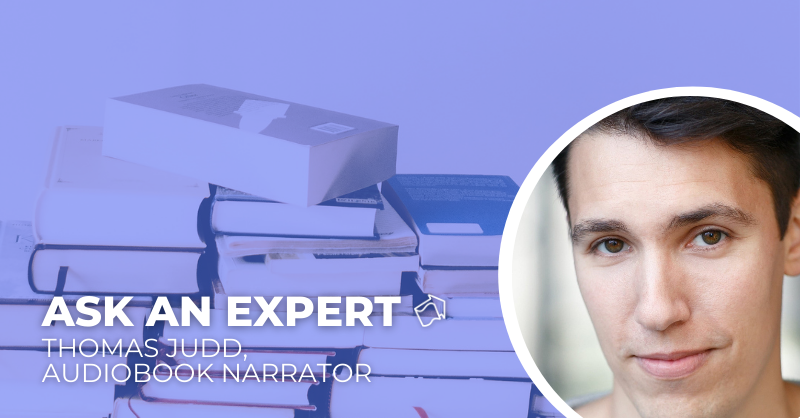
 Ever wondered what it was like to be an audiobook narrator and voice actor? Today on the blog we’re sitting down with
Ever wondered what it was like to be an audiobook narrator and voice actor? Today on the blog we’re sitting down with 